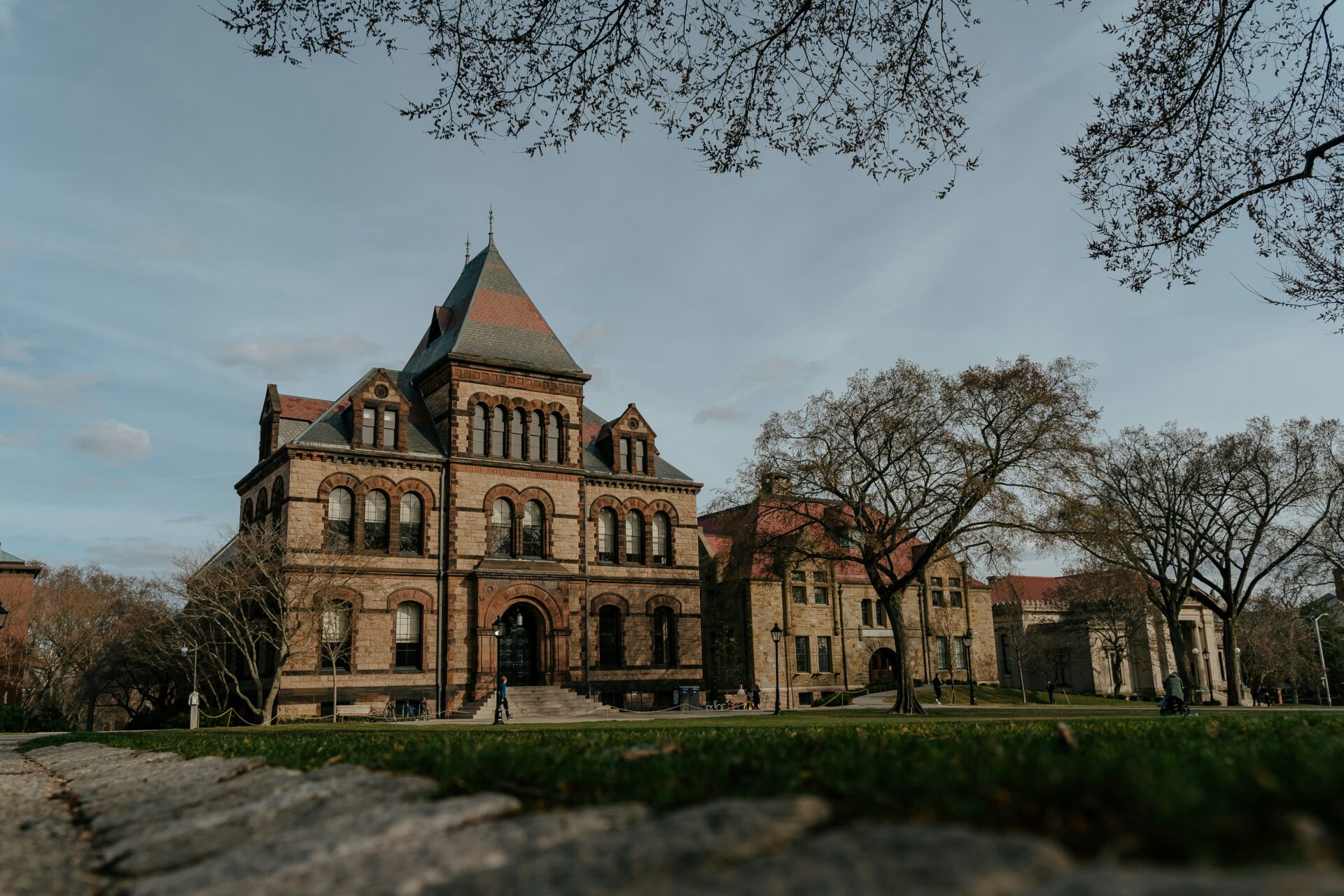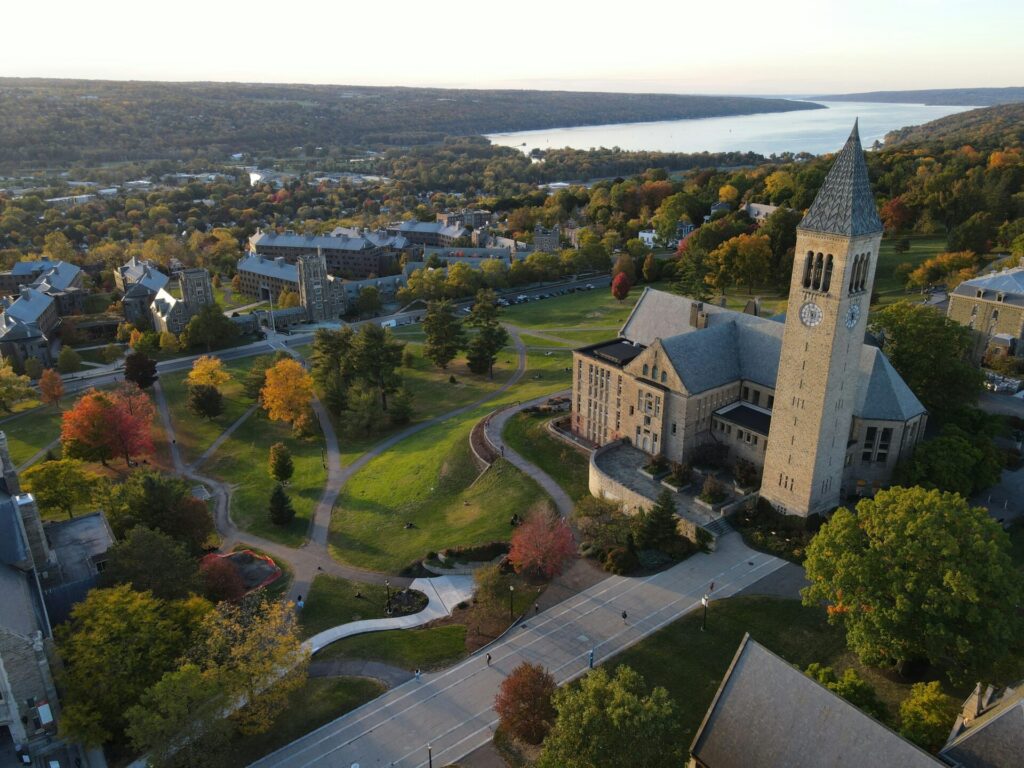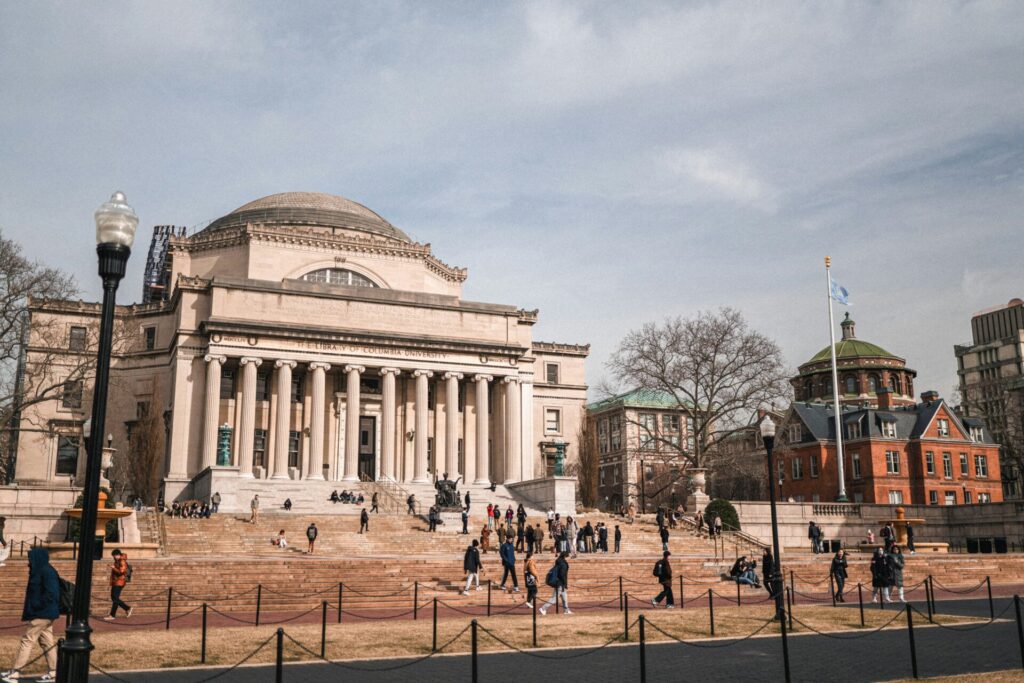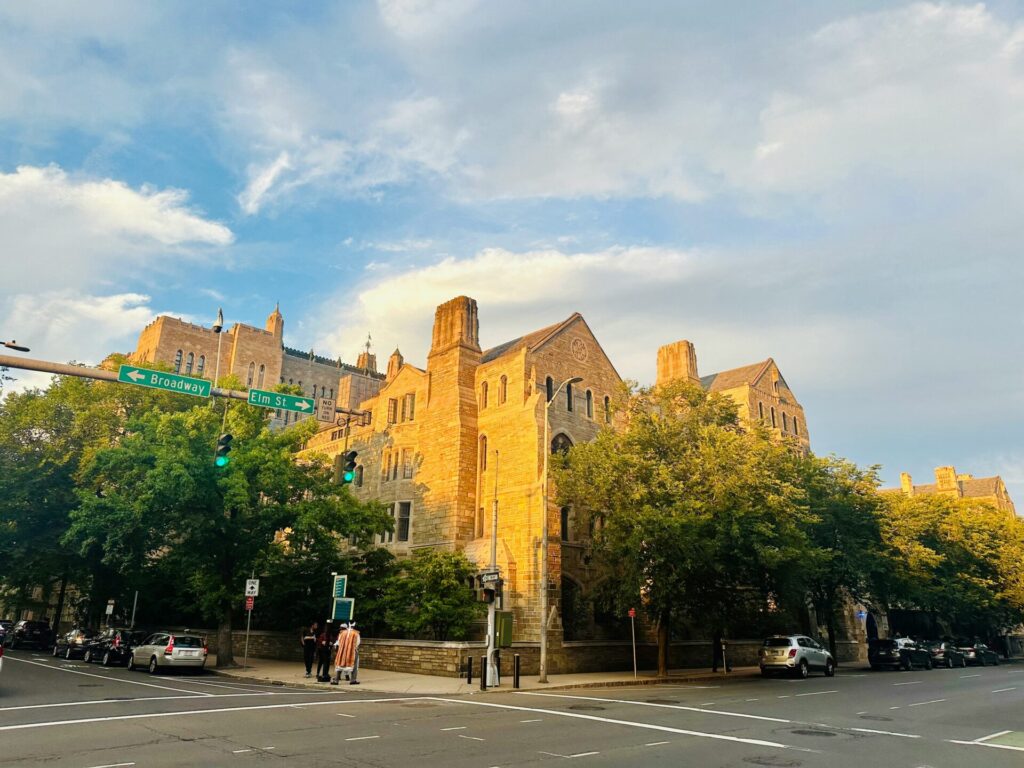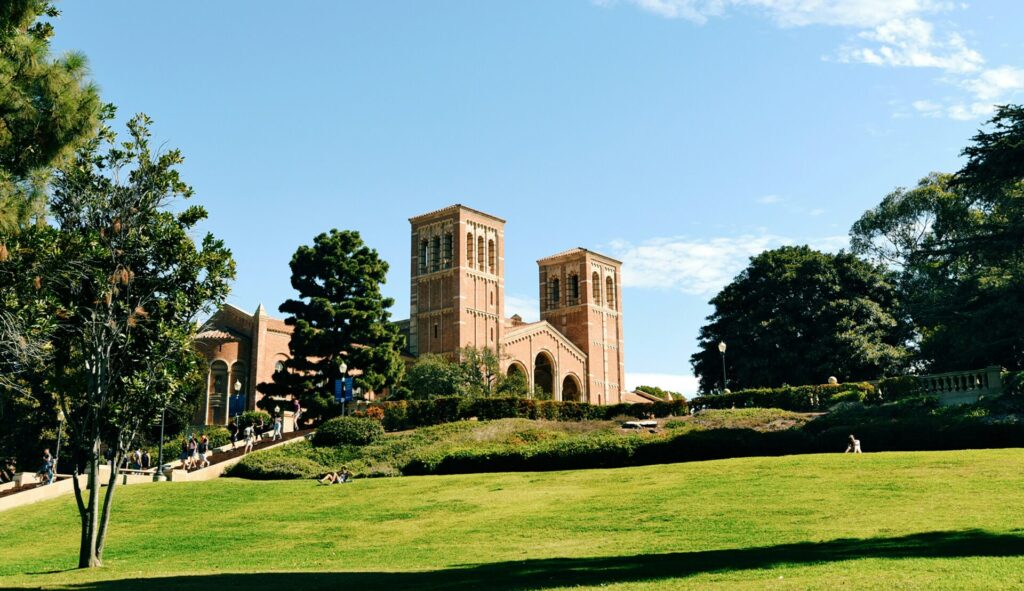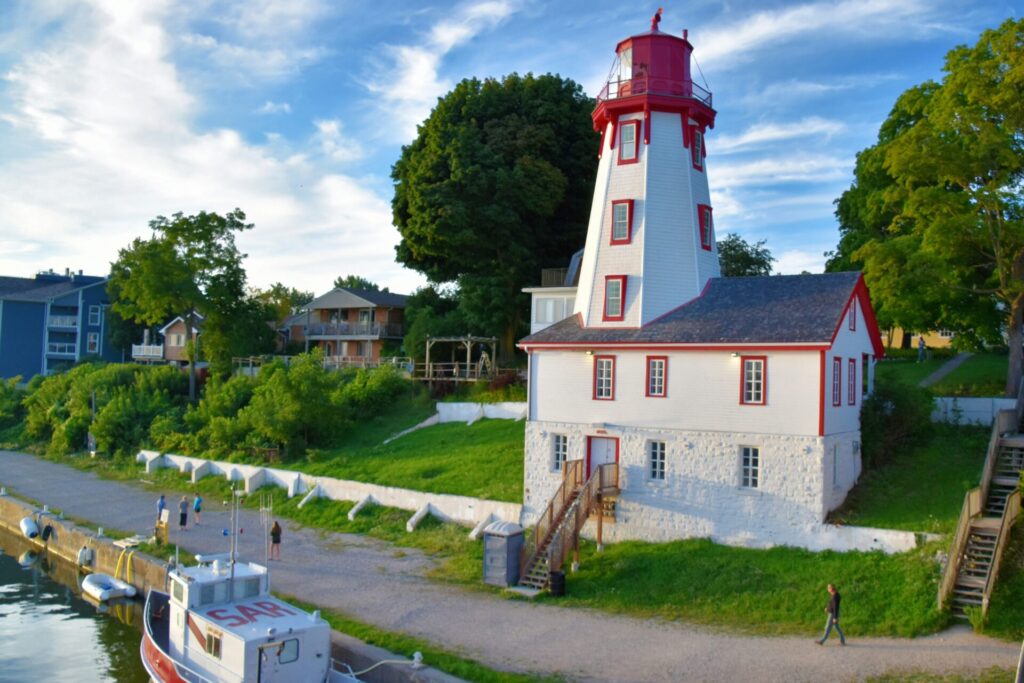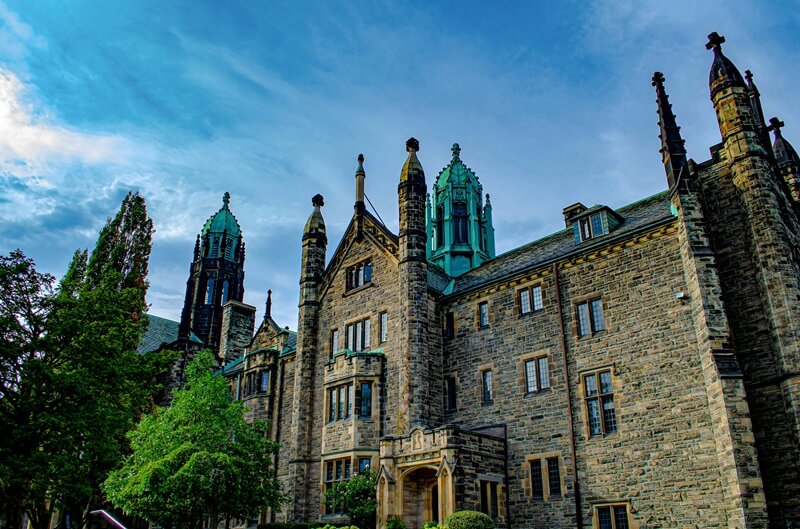A Brown University Summer Program for high school students offers the opportunity to experience college-level academics within the supportive and intellectually vibrant environment of an Ivy League institution. Brown’s Pre-College Programmes are aimed at students in grades 9 through 12 who are eager to explore subjects beyond their school curriculum, build academic confidence, and get a taste of life on a university campus.
Students can choose from over 300 non-credit courses, available in on-campus, online, and hybrid formats. The on-campus programme is based in Providence, Rhode Island, where students live in residence halls, attend lectures and seminars, and participate in co-curricular events and activities. Courses range from neuroscience and engineering to creative writing, law, and international relations, allowing students to explore possible majors or discover new academic passions.
Brown’s open curriculum philosophy is reflected in the programme structure: students take one course at a time, encouraging depth, intellectual independence, and curiosity-driven learning.
Brown University Summer Program Courses: An Overview
STEM
From biology and chemistry to physics, astronomy, and engineering, Brown’s STEM courses offer students the chance to explore the workings of the world around them through practical, hands-on investigation.
- Genetics Beyond Mendel explores modern molecular biology and how it challenges classical frameworks.
- Biomedical Engineering introduces students to the design of medical implants and devices.
- Introduction to Engineering with Arduino teaches students to build electronic projects using microcontrollers and C++.
- Acid/Base Chemistry: From Food to Everyday Phenomena brings chemistry to life through relatable, real-world applications.
- Habitable Worlds and An Introduction to Soft Matter Physics take students from planetary science to materials at the boundary of solids and liquids.
Medicine, Public Health, and Psychology
For students drawn to health sciences or curious about the human mind and body, Brown offers immersive courses that bridge biology, ethics, and clinical practice.
- Medicine in Action simulates the experience of medical school with anatomy, diagnostics, and ethics.
- Psychology and Health looks at how mental states influence physical wellbeing.
- Abnormal Adolescent Psychology dives into teenage mental health, diagnosis, and treatment.
- Understanding the Opioid Epidemic and Black Lives Matter Less explore systemic issues in healthcare and health equity.
- Psychoactive Drugs: Brain, Body, and Society addresses neuroscience and public policy in tandem.
Humanities and Social Sciences
These courses span history, philosophy, politics, and the cultural forces shaping the world today, encouraging critical thinking and comparative analysis.
- The Second World War: Memory, Myth, and Lived Experience examines how history is remembered and retold.
- Comparative Legal Systems & International Criminal Justice explores justice around the globe.
- Magic, Science, Religion questions the boundaries between belief systems.
- Global Health, Culture and Psychology, and International Relations of Russia, China, and Europe engage students in global perspectives on power, identity, and society.
Writing, Media, and Communication
For students interested in storytelling, college prep, or cultural critique, Brown offers an array of writing-focused and media-savvy options.
- Writing for College Admissions and Writing Seminar I focus on crafting powerful personal narratives.
- Writing Seminar II: Writing About Media trains students in media analysis and academic argument.
- From Mayberry to Netflix unpacks representation and identity in modern television.
- Secondhand Writing and The Sound of Poetry / The Poetry of Sound invite students to experiment with language and found forms.
Leadership, Equity, and Justice
Students passionate about social change and ethical leadership can engage with topics that stretch from theory to action.
- Equity and Justice examines the philosophical roots and modern debates around equality.
- You Can’t Spell “Earth” Without “Art” merges environmental activism with creative expression.
- The Climate Crisis and Society looks at climate change through a sociological lens.
- The Political Economy of Everyday Life explores how institutions shape individual opportunity.
Creative Arts & Design
For the artistically inclined, Brown’s courses offer space to explore identity, aesthetics, and interdisciplinary creativity.
- Embodied Poetics and Understanding Contemporary Art focus on modern forms of expression and critique.
- Music in Social Movements explores how sound can be a tool for resistance.
- Exploring Gendered Spaces in Modern Architecture combines design with cultural theory.
- My Life So Far… a Memoir Workshop invites students to reflect on their own lived experience through writing.
Why Visit Brown University?
Brown University, based in Providence, Rhode Island, is one of the most distinctive Ivy League schools, known for its open curriculum and commitment to academic freedom. Since its founding in 1764, Brown has built a reputation as a haven for intellectually curious students who value creativity, exploration, and independence in their education.
For high school students, attending a summer programme at Brown offers a window into this unique educational ethos. Rather than adhering to rigid course requirements, students are encouraged to pursue topics they’re genuinely passionate about and to think critically and cross-disciplinarily. It’s an ideal setting for those who want to explore their academic identity while still in high school.
The campus itself is full of energy, from its leafy green quads to its collaborative study spaces and vibrant arts scene. Summer students live on-site, attend workshops and seminars, and gain insight into what it means to study at a university that champions individual voice and thought. Brown’s summer experience is especially valuable for those seeking not only academic challenge, but a preview of a college culture where intellectual risk-taking and personal growth go hand-in-hand.
Key Features of a Brown University Summer Program for High School Students
Brown’s summer programme offers subject diversity, flexible formats, and a strong emphasis on independence. Students choose one course per session, allowing for a college-like mix of subjects. Courses are taught by university faculty or experienced instructors, with a focus on collaboration and discussion. Residential students live on campus and take part in extracurricular activities including workshops, speaker series, and recreational events, while online students participate in structured, interactive digital learning. The programme blends academic challenge with personal growth, encouraging students to take ownership of their learning in a low-pressure, non-graded environment.
Advantages
The Brown Pre-College experience stands out for its academic freedom and flexibility. Students are encouraged to pursue subjects they’re passionate about, without the pressure of grades or exams. This structure promotes creative thinking, self-direction, and intrinsic motivation – key elements of Brown’s broader educational philosophy.
Another major benefit is the sheer variety of courses. From biomedical ethics and robotics to screenwriting and social justice, students can explore both familiar and entirely new topics, presenting in exciting and topical contexts. The campus environment fosters maturity and independence, giving students the chance to experience university life, make new friends, and connect with peers from around the world.
Workshops on college applications, leadership, and public speaking help round out the experience, preparing students not just for university, but for the broader demands of academic and personal development.
Disadvantages
While Brown’s summer programme is respected and enriching, it may not be ideal for every student. First, the cost can be a major barrier – especially for residential sessions. Tuition, housing, and meals add up quickly, and while financial aid is available, it is limited and competitive.
The programme is also non-credit, which may be a downside for students hoping to earn academic credentials over the summer. Some might prefer a course with a final project or assessment to showcase in applications or portfolios.
In terms of structure, the freedom and lack of grading may feel too unstructured for students who thrive under clear expectations or need more academic support. And while the subject choice is vast, some courses fill quickly, leaving late applicants with fewer options. Additionally, the residential experience, though enriching, may not suit students who are new to living away from home or who prefer smaller, more intimate academic settings.
Join the Immerse Education 2025 Essay Competition
Follow the instructions to write and submit your best essay for a chance to be awarded a 100% scholarship.

Brown University Summer Program vs Immerse Education Summer Schools
Brown and Immerse Education both serve academically ambitious students, but they differ in focus, delivery, and overall experience.
At Brown, students immerse themselves in one non-credit course and take part in a larger campus environment. The emphasis is on academic freedom and exploration, without assessments or formal feedback. Courses are typically larger and lecture-based, and the open curriculum model reflects Brown’s philosophy of self-directed learning.
Immerse Education’s summer schools in New York, San Francisco, and Boston are built around small-group, tutorial-style learning in focused subject areas. Classes are capped at ten students and led by expert tutors, many of whom are graduates from top global universities. Students receive detailed feedback, engage in project-based learning, and enjoy high levels of academic and pastoral support. Just like at Brown, students live and learn on prestigious university campuses, staying in college accommodation.
In terms of subject offerings, there is strong alignment. In Boston, students can study engineering, medicine, business, and software development – subjects that match many of Brown’s most popular summer courses. With Immerse, students also benefit from enrichment workshops on public speaking, university preparation, and leadership, as well as curated city-based excursions. In addition, our New York and San Francisco summer schools offer an industry-twist, with a focus on workplace visits and location-specific topics like Banking & Finance and Fashion & Design in New York, and Entrepreneurship and Sustainability in San Francisco.
Brown provides Ivy League immersion. Immerse delivers a structured, student-focused alternative that blends rigorous academics with mentoring and holistic development – ideal for students who want more personal guidance and deeper interaction with their tutors.
If earning college credit is a priority, the Accredited Online Research Programme is another strong alternative. Students to work one-on-one with an expert on a research project of their choice over several weeks, developing a deep subject knowledge to draw on during the application process. On top of that, students can earn 3 college credits.
Is the Brown University Summer Program Worth It?
For those who value freedom in learning, want to explore specific academic interests, and are comfortable in a large, open-ended environment, a Brown University summer program for high school students can be an excellent experience. It fosters curiosity, maturity, and confidence, all within an Ivy League context. However, it’s not the best fit for students seeking academic credit, close mentoring, or structured progression. Given the cost and lack of grading or assessment, it’s important to weigh whether the format and content align with your goals. For some, alternative programmes with a more hands-on, guided approach may be more impactful.
Additional Alternatives to the Brown University Summer Program
There are many other respected pre-college options on the East Coast. Harvard Pre-College offers residential two-week programmes focused on discussion and critical thinking. Yale Young Global Scholars (YYGS) provides interdisciplinary, seminar-style courses for high-performing students from around the world. NYU’s Precollege programme offers for-credit courses across a broad subject range, while Columbia’s summer school blends subject study with New York-based cultural enrichment. These programmes vary in length, structure, and format but all provide university-level exposure and subject depth.
How to Apply for the Brown University Summer Program
Students apply through Brown’s Pre-College portal. The application includes a short essay or personal statement, a current academic transcript, and a teacher recommendation. Applicants select their preferred course and session (in-person or online), and indicate if they’re applying for financial aid. Applications are reviewed on a rolling basis, but early submission is recommended due to high demand and limited course spaces. International students are welcome and may be required to submit proof of English proficiency. Once admitted, students receive detailed next steps for registration, housing, and orientation.
Final thoughts
A Brown University summer program for high school students is a great fit for anyone who wants to explore a subject in a stimulating and flexible environment. But it’s not the only way to experience pre-university academic growth. Immerse Education’s USA programmes offer the same intellectual depth, with more personalised attention, structured support, and smaller class sizes. Whether in Boston, New York, San Francisco, or online, Immerse gives students the tools to explore their interests, build skills, and prepare for the future with confidence.










